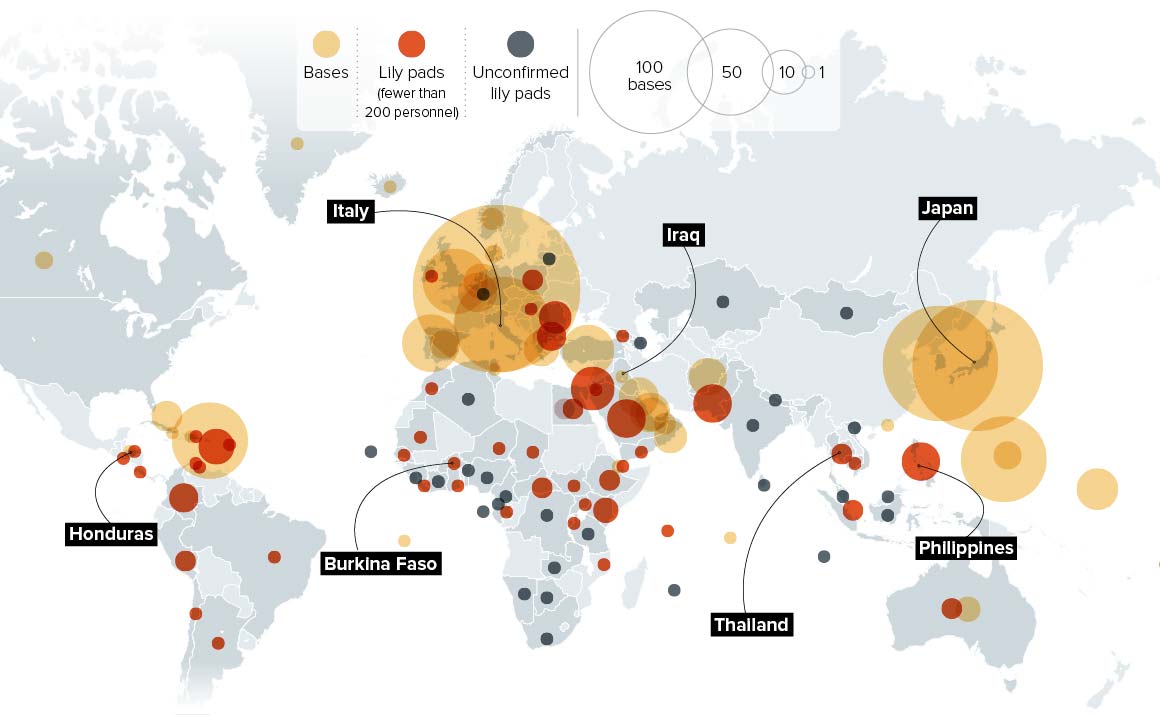As some of my readers may already know, there was a bunch of bombings in Brussels last weekend which the Islamic State took credit for. Two of the explosions occurred in an airport. Because, unfortunately, terrorists aren’t totally incompetent idiots, these two went off before the security checkpoint. It’s much easier than trying to get bombs past security, and you have about as many people clustered in one location as in a small airplane. Sure, putting a hole in an airplane guarantees more casualties, but even so the Brussels airport is closed and the whole city is on lock-down. The monetary costs and city-wide disruption of normal life is an appropriate punishment for a society IS sees as materialistic and too disconnected from the war IS is being pressured by.
Anyway, this total failure of fifteen years and billions of dollars devoted to protecting airplanes and airports led to some soul searching among the appropriate officials.
Oh wait, no it didn’t.
As quoted by Techdirt (whose own take on the issue I certainly recommend), ex-head of the DHS Michael Chertoff declared:
And so now there’s an effort I think on the part of TSA to start to move the airports into pushing the security envelope back. We’ve seen some of that in terms of not allowing you to park in front of the terminal, but I think we’re going to have to step that up.
So… the solution to terrorists detonating bombs outside of security is to ‘push the envelope back’ so we can make sure those really long security lines are secure.
Airport security only has a prayer of working because of the bottleneck – only a very small segment of the population is trying to fly on any given day, and they’re all going through the same building. Removing the bottleneck by ‘pushing the envelope’ to include the departure halls (and all the family members seeing each other off) or the nearby roads (including taxis, buses, more family and friends, and even the whole category of arrivals leaving the airport) is an exponentially more difficult problem.
When a car bomb goes off at the giant traffic snarl that is the pre-airport car screening scanner, will Chertoff still believe expanding security is reasonable? I suppose one could just give up and declare the US a surveillance state, putting cameras on every street-corner, checkpoints between every town, and travel-tracking ID cards in every pocket. This would expand the secure area to the entire country! And ruin peoples’ privacy and any semblance of government trust in the citizens while creating such a haystack of potential attack vectors as to make even the TSA’s presently abysmal success rate look good.
I’m uncharitably inclined to suspect that the people involved with getting paid enormous sums of money to run a giant security bureaucracy see each attack as a way to win the next funding debate, get more money, more manpower, and increased prestige.
Still, this point has and is being made by others (not least the Techdirt article I recommended earlier). What I would like to note is that the viewpoint espoused by Chertoff is not just endemic to airport security, but to the United States as a whole.
Below is a map of US bases around the world, taken from an July 2015 Politico article on the subject:
Those various sized circles represent 800 bases, ranging from major and active forts (red) to mostly-unofficial landing zones (blue). In the Cold War, this vast network made sense; foreign bases improved U.S. second strike credibility in case of a spontaneous case of WWIII. We used the bases for other things partly because they were there and partly because the U.S.S.R. liked playing proxy games as much as we did.
After the collapse of the Soviet Union, the incidental uses became the core of the new rationale used to avoid budget cuts – we could and should protect our borders by using these bases to stop potential threats before they become actual threats. But, exactly like Chertoff’s expanded security space, this is counter productive.
Simply put: The entire world is currently behind our front lines.
Every threat, every risk is behind our security checkpoints. Almost every enemy can find a base to attack, and the perception of imperialist meddling produces more enemies. Instead of securing our own country – widely filled with people who generally approve of it – we’re now trying to secure the world – widely filled with people don’t approve of us. No wonder the NSA sees global surveillance as such a critical goal – the same way the TSA needs cameras all over airports.
The United States has not only failed to secure the world – despite twenty five years without real opposition – it has failed to prevent significant new problems from arising, including the collapse of Syria and Yemen and the rolling genocides of Africa from Rwanda onward. Attempting to solve each new problem with increasing the ring of security just continues to increase the costs without improving effectiveness.


See Your Comment Here!